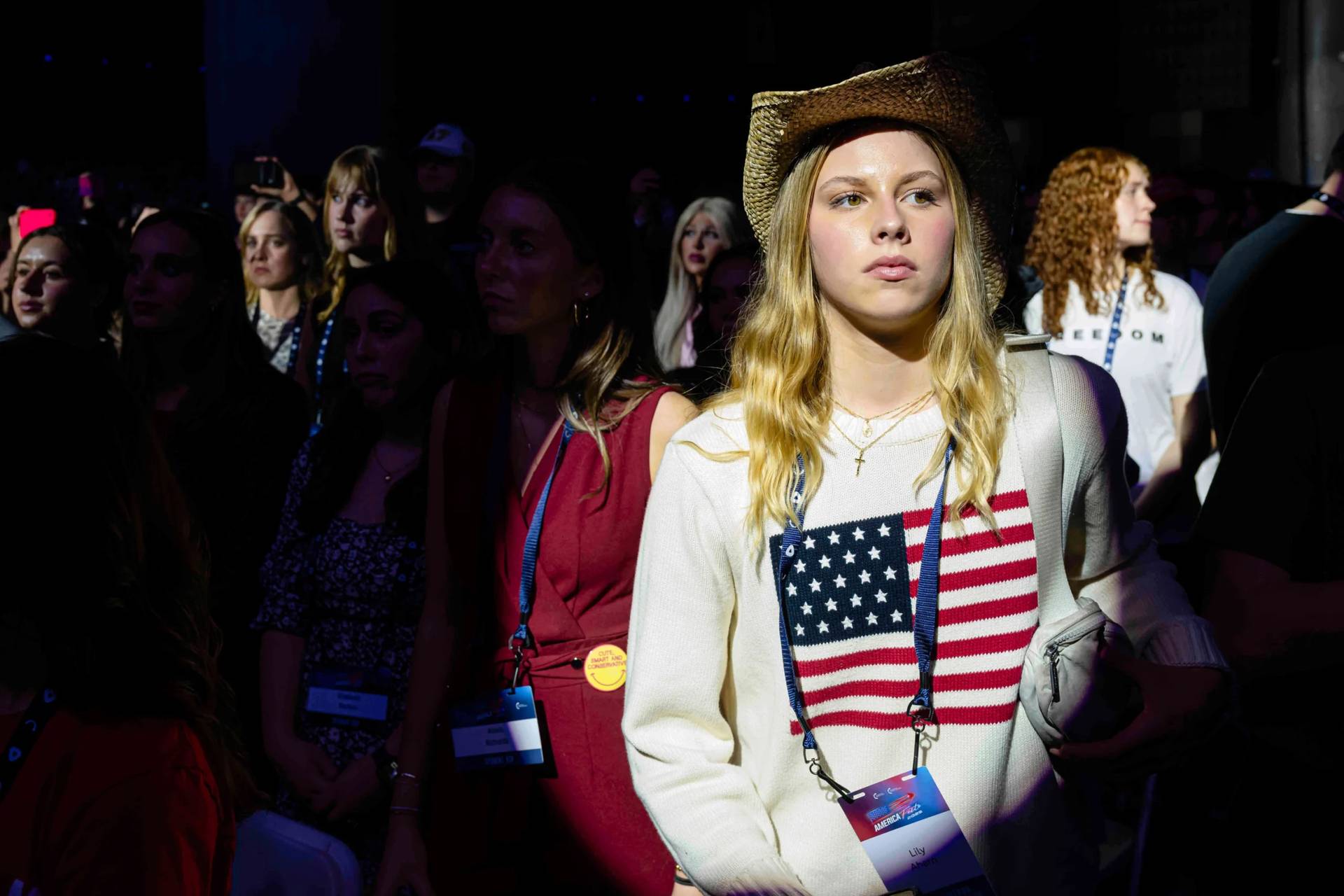ROME – Despite cancelling the previous day’s events due to a cold, Pope Francis appeared to be in good form Sunday, delivering his noontime Angelus address as planned and praying for peace in Ukraine as the country marks two years of war.
Speaking from the window of the Vatican’s apostolic palace to faithful gathered in St. Peter’s Square below, the pope noted “with pain” that Saturday, Feb. 24, marked the second anniversary of the start of the “full-scale war in Ukraine.”
“How many victims, how much destruction, anguish, and tears in a terrible period which is unfortunately becoming long and for which an end is still not in sight,” he said, saying the war “is not only devastating that area of Europe,” but has caused “a global wave of fear and hatred.”
Francis voiced his affection for “the martyred people of Ukraine” and prayed for everyone involved in the conflict, “especially the many numerous innocent victims.”
He also invoked the humanity of those involved, appealing for “the creation of a diplomatic solution in the search of a just and lasting peace.”
Pope Francis, who appeared robust and spoke without coughing or seeming breathless, cancelled all of his scheduled events Saturday due to what the Vatican described as a “mild flu-like state.”
Last year, the 87-year-old pontiff, who is missing part of one lung and suffers from various ailments, spent three nights in Rome’s Gemelli hospital for bronchitis, he underwent a surgery for an abdominal hernia, and he cancelled a three-day trip to Dubai for COP28 United Nations climate summit due to a respiratory infection.
Yet despite Saturday’s cold, the pope appeared normal Sunday, offering prayers for peace in Israel and Palestine, and in the Democratic Republic of Congo, in addition to Ukraine.
He also prayed for an end to the “increasingly frequent kidnappings” in Nigeria, voicing his closeness to the Nigerian people and voicing hope that concrete action would be taken “to stop these episodes.”
Pope Francis also prayed for Mongolia as its people endure a harshly cold winter he said is “causing serious humanitarian consequences.”
“This extreme phenomenon is a sign of climate change, and its effects,” he said, saying, “The climate crisis is a social and global phenomenon which is impacting the lives of many brothers and sisters, above all the most vulnerable.”
“Let us pray to make wise and courageous decisions to contribute to the care of creation,” he said, and asked for prayers.
Follow Elise Ann Allen on X: @eliseannallen














